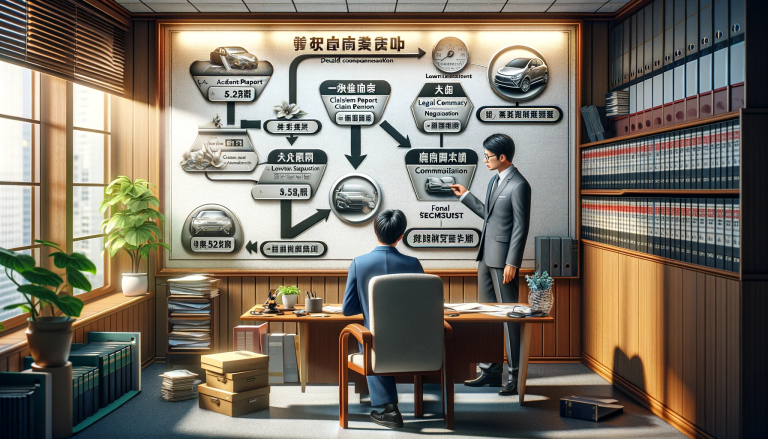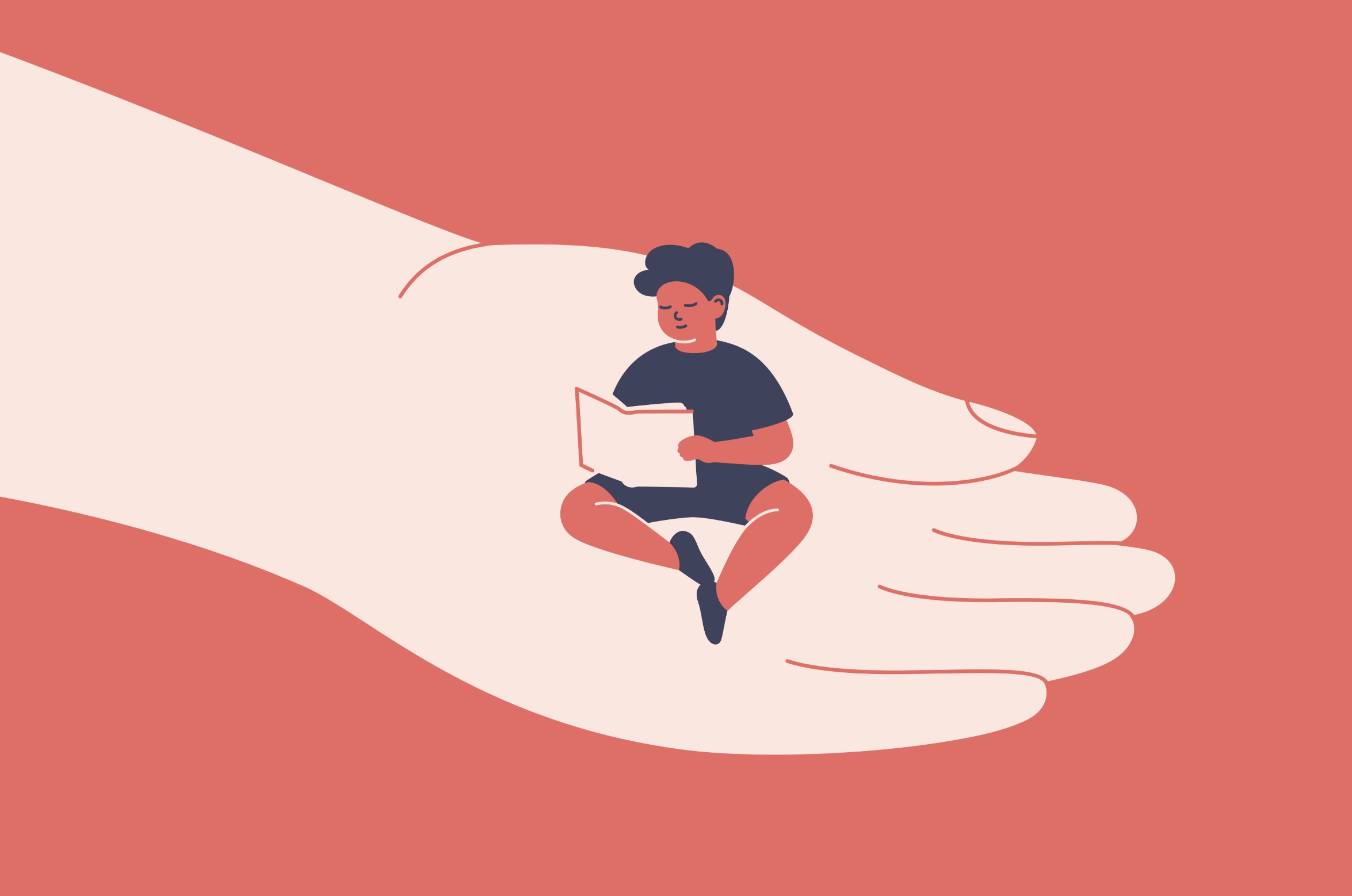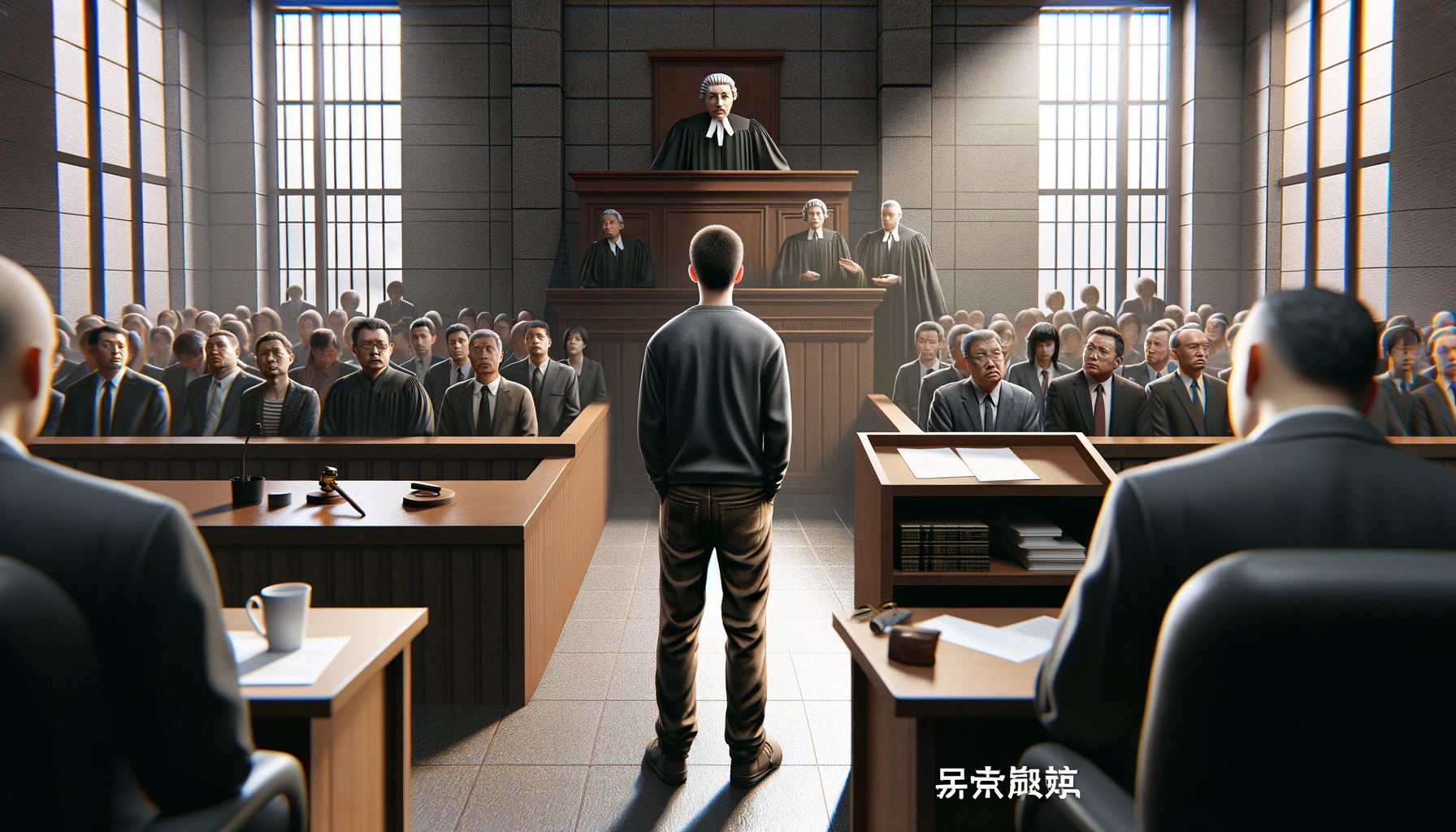[vc_row][vc_column][vc_column_text]Bail is a tool used by the judicial branch to ensure that defendants appear in court. For minor crimes, judges may release defendants awaiting trial without requiring bail, called a release "on their own recognizance". For more serious crimes or for repeat offenders, judges may require a certain amount of money as collateral to release a defendant. That money, called cash bail, is returned when the defendant appears in court. Should a defendant miss their court date or "skip bail", he or she forfeits the entirety of the money.
Many defendants cannot afford bail. An estimated 5,000 people eligible for bail remain locked up in LA. County jail every night because they do not have the resources to post bail. One option available to defendants who cannot afford bail is to seek a bail bond. Bail bond companies will pay your bail for you for a fee, generally around 10 percent of the full bail amount. For example, if bail is set at $1,000, a defendant would need to promise to pay $100 to a bail bondsmen, who would then post bail on the defendant's behalf.
Many criminal defense advocates have complained about the unfairness of the cash bail system. Indeed, there is a national debate over the fairness of the cash bail system.
- New Jersey and New York have made significant changes to their existing system, with New Jersey completely doing away with cash bail.
- A 2017 study recommended phasing out the cash bail system and replacing it with a risk-based pretrial assessment.
- A January ruling by a California appeals court ruled a strict cash bail system as unconstitutional. Since the ruling, judges must consider a defendant's ability to pay when a bail amount is set.
- State legislators have been considering changes to the cash bail system since 2017, before the recent court ruling. The debate is ongoing. The legislation, SB 10, can be read in its entirety here.










